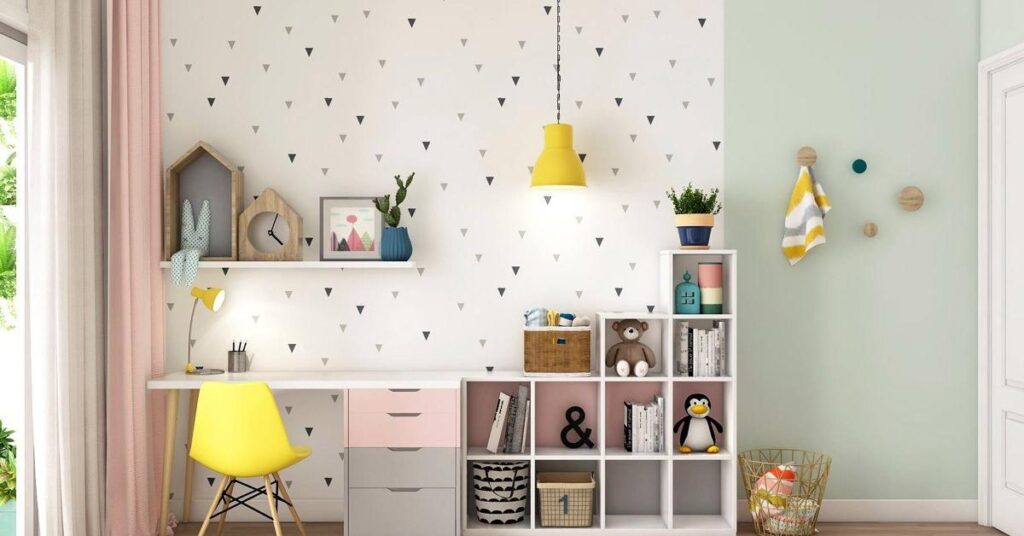Introduction
Establishing a conducive study space is essential for children’s academic success and overall development. A well-designed study area can promote concentration, productivity, and a love for learning. Two vital components of an ideal study space are a study table for kids and bookshelves. In this article, we will explore essential tips and creative ideas to create the perfect study space that fosters a positive learning environment and encourages children to excel in their studies.
1. Choosing the Right Study Table for Kids:
The study table is the focal point of any study space. Selecting the right study table for kids is crucial as it directly impacts their comfort and productivity. Here are some factors to consider when choosing a study table:
a. Ergonomics: Opt for a table that allows your child to sit with proper posture, preventing strain on their back and neck. Adjustable height tables are preferable, as they can accommodate your child as they grow.
b. Ample Surface Area: Ensure the table has enough space for books, notebooks, and a computer or laptop if needed. A clutter-free workspace promotes better focus.
c. Storage Options: Look for study tables with built-in drawers or shelves for organizing school supplies like pens, pencils, and papers.
d. Durability and Safety: Invest in a table made from sturdy materials that can withstand daily use. Smooth edges and rounded corners are essential to ensure the safety of your child.
2. Organizing Bookshelves
Bookshelves play a vital role in any study space as they encourage a reading culture and help children keep their study area tidy. Here are tips for organizing bookshelves in your kids’ study space:
a. Categorize Books: Arrange books into categories such as textbooks, storybooks, reference books, and magazines. This makes it easier for your child to find what they need.
b. Incorporate Fun Elements: Add decorative elements like bookends, colorful bins, or small figurines to make the bookshelf visually appealing and encourage children to use it regularly.
c. Accessible Height: If possible, install bookshelves at a height that allows children to reach their favorite books easily.
d. Regular Rotation: Periodically rotate books on the shelves to keep the reading material fresh and exciting for your child.
3. Creating a Distraction-Free Zone
A distraction-free study space is vital for maintaining focus and productivity. Consider the following ideas to minimize distractions:
a. Location Matters: Choose a quiet corner or room away from high-traffic areas in the house to minimize noise disturbances.
b. Limit Electronics: Keep electronic devices like televisions and game consoles away from the study space to prevent distractions.
c. Use Color Psychology: Opt for calming colors on the walls, such as light blue or green, to promote concentration and relaxation.
d. Personalization: Allow your child to personalize the study space with their artwork or motivational posters to create a sense of ownership and inspire them.
4. Incorporating Proper Lighting (150 words):
Appropriate lighting is essential to prevent eye strain and fatigue during study sessions. Consider the following lighting options:
a. Natural Light: Position the study table near a window to allow ample natural light during the day.
b. Task Lighting: Add a desk lamp with adjustable brightness to provide focused illumination during evening or night study sessions.
c. Indirect Lighting: Use soft, ambient lighting in the room to create a comfortable and inviting atmosphere.
Conclusion :
Designing the perfect study space for kids involves thoughtful consideration of elements like study tables and bookshelves. Providing children with a comfortable, organized, and distraction-free environment fosters a positive attitude towards learning and enhances their academic performance. Remember to prioritize ergonomics, organization, and lighting while creating the study space. By incorporating these tips and ideas, parents can help their children develop good study habits, boost productivity, and cultivate a lifelong love for learning.






